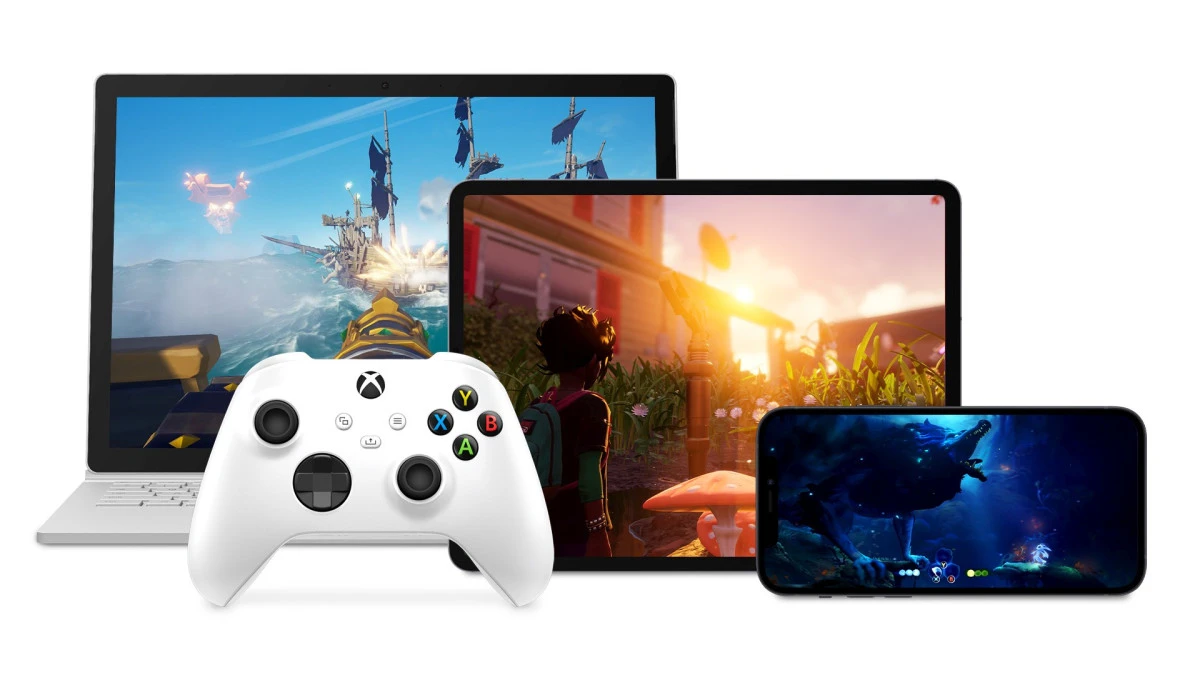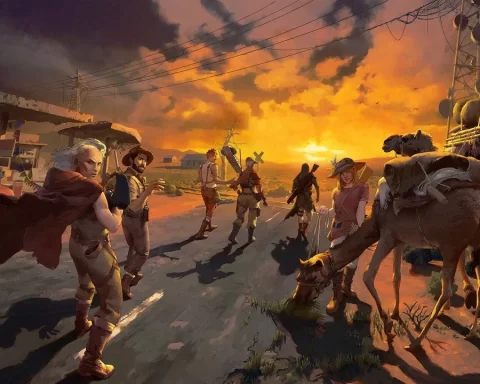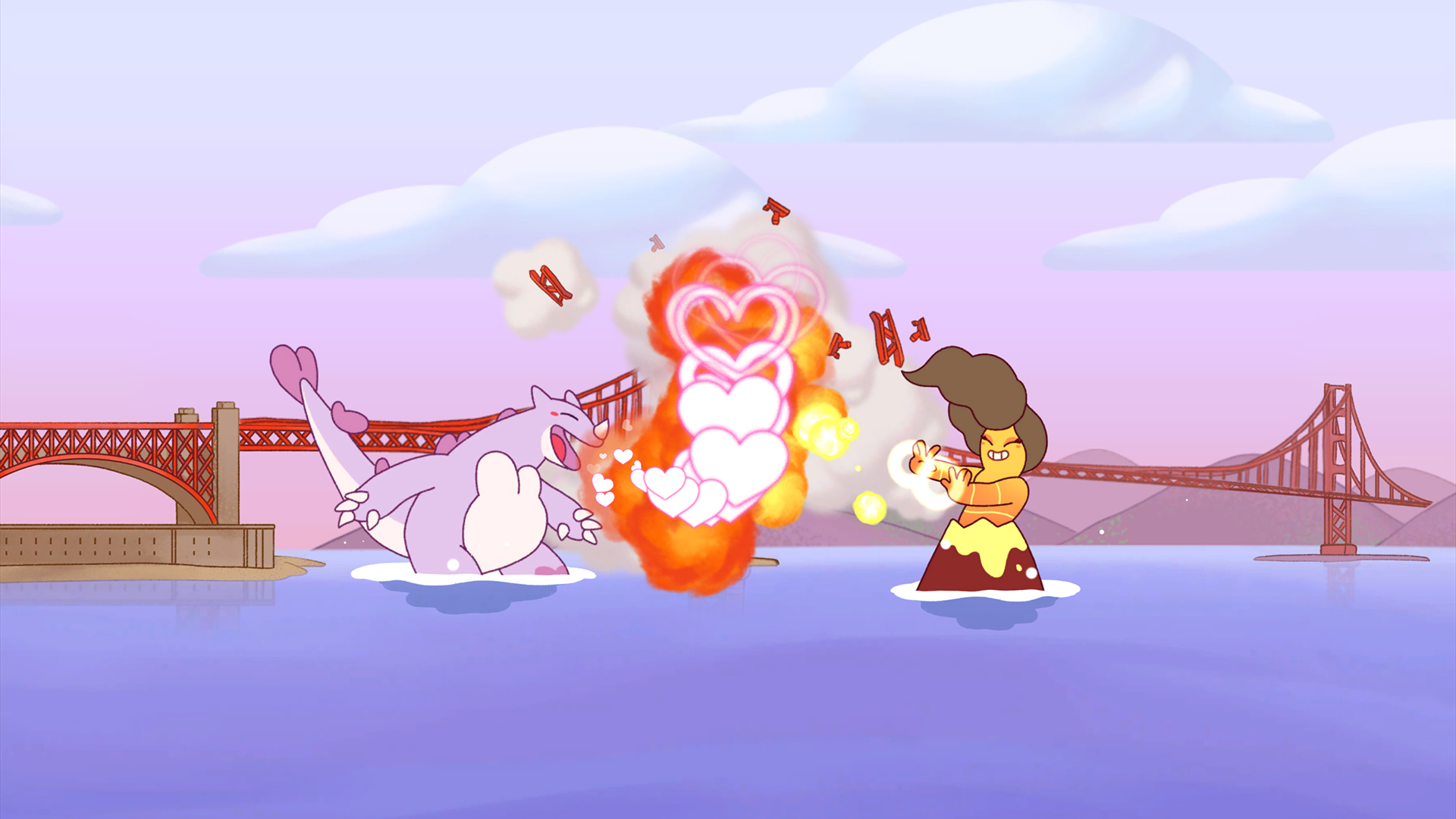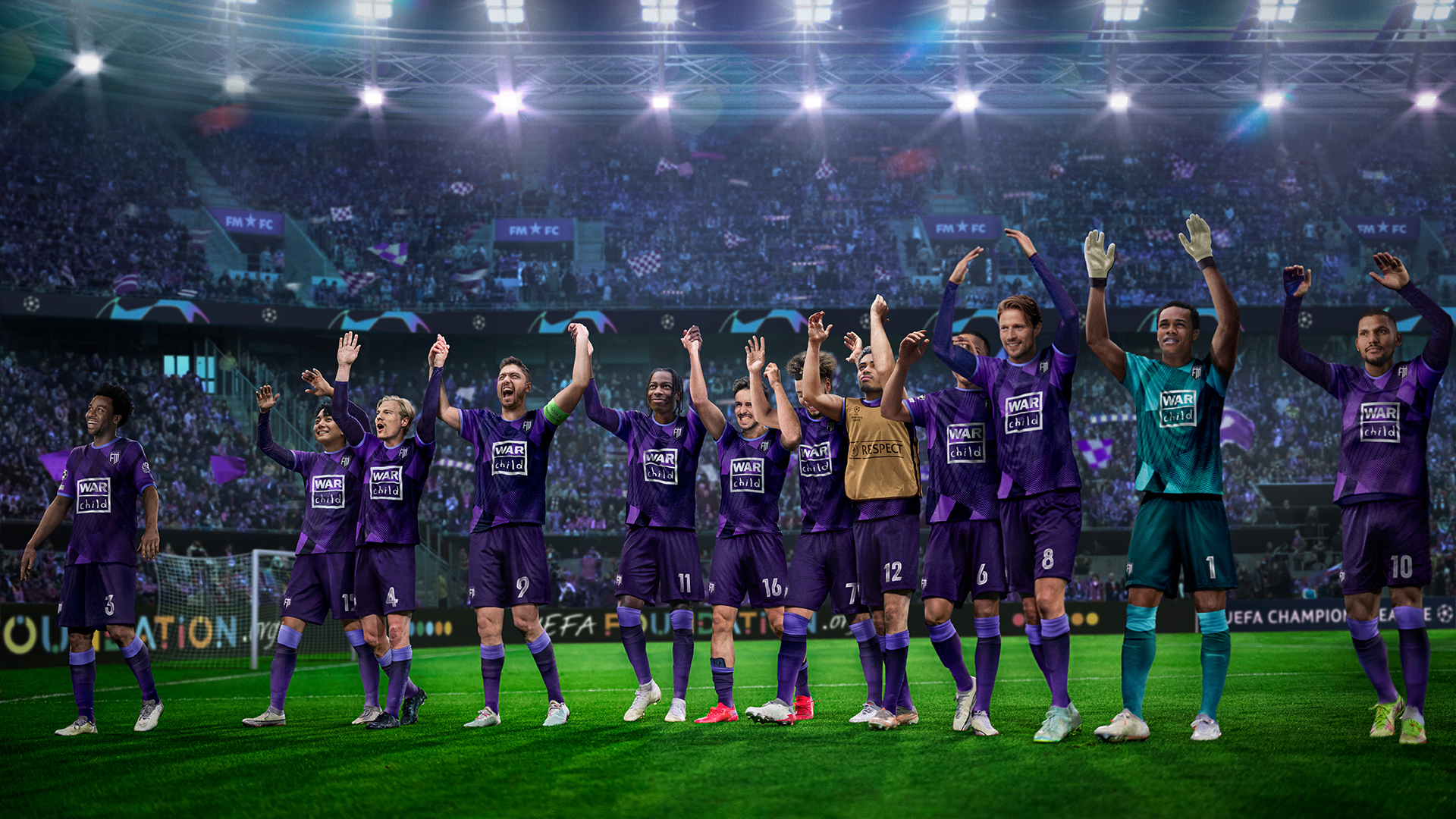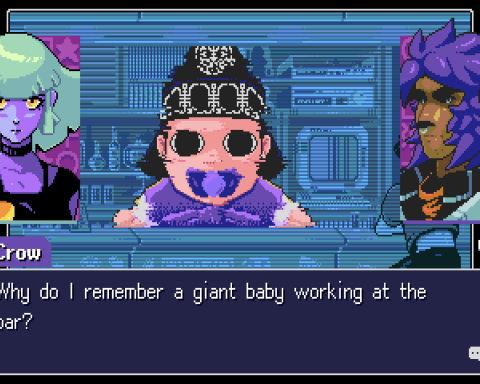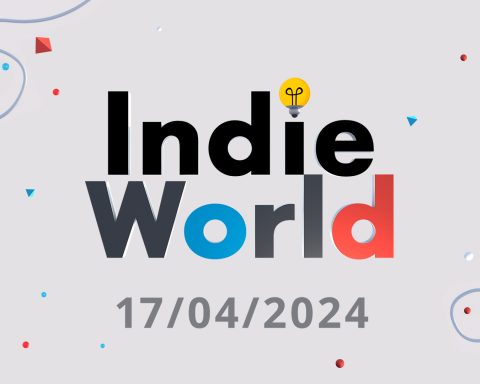Over the last couple of weeks, the Anbernic W600 has quickly become my favourite toy. It might not be as powerful of a beast as the Steam Deck or the Ayn consoles are, but it also only cost me $500. Before purchasing it I was a little concerned that this low price tag would limit it and that I’d only really be able to play the most indie of indie titles on it.
If I was to rely entirely on downloading and playing games on the console’s hard drive, that would be the case. The W600 handles older games as well as indies well enough (I’ve currently got Conception 2, Persona 4 Golden and The Last Remnant sitting on the hard drive), but it really struggles with more modern games. However, as it is a Windows device, the console has native access to Xbox, and that means two things: Game Pass and Cloud Gaming.
Now, to be clear, my perspective on both is very different. I firmly believe that subscriptions are bad for gaming. That’s something I’ve argued many times in the past and so I’m not going to prosecute that case again. I mention it here to clarify that my attitude with regards to subscriptions haven’t changed, and unfortunately for now Microsoft’s streaming service can’t be decoupled from the Game Pass subscription.
That cloud gaming, on the other hand, is a spectacular technology and more should be going on in this space than there is currently. Thanks to cloud gaming I have been able to start a handheld playthrough of Yakuza: Like A Dragon on the W600. That’s a game that a laptop I bought a year ago for $2,000 struggles with. I’ve also been able to start up Train Sim World 3, a game ideal for the handheld form factor in terms of how it plays, but well beyond the capabilities of the Switch, and Dragon Age: Origins (which isn’t the most complex game, but having that playable on a handheld is the most amazing thing).
However, for perhaps the best point of comparison: the W600 runs Don Bradman Cricket 14 off its hardware well enough to maintain a playably smooth framerate and experience. What it would not do is run last year’s Cricket 22. Not even close. However, this most recent cricket game does work flawlessly over the cloud streaming service.
All of these games play at a very high level of fidelity – no minimum specs tweaking here – and with a decent Internet connection the experience is also very (very) smooth. I’ve tested this on both a 5G mobile hotspot and my home Wi-Fi connection and aside from losing about 20 minutes of progress in a game once after my Internet connection dropped out before I had a chance to save, the experience has been seamless and reliable.
There’s one final benefit to playing games over the cloud, too – it’s far less heavy on the device itself. In my review of the W600, I mentioned that the battery life sucked. It sucks far less when you’re streaming, and I’m talking a significant order of magnitude better. I haven’t got the stopwatch out, but anecdotally I’d say the battery life is, at minimum, 50 per cent better when streaming than when playing any locally-hosted game. The difference between ~60 minutes of play and 90+ minutes is significant and, personally, the W600 does hit a minimum battery life when I play it this way. It’s still not great, but it’s now at the passable minimum.
Are there downsides to streaming? Yes, of course. On top of all the traditional complaints that people have about digital media (you don’t physically own a copy etc), there’s the reality that once a publisher pulls a game from the service you don’t have it at all. With digital downloads you can still store them on a device and have access to them as long as the device functions, even if the game is pulled from the store. For example, some people still have a playable copy of the demo for P.T. (the Kojima horror game) despite Konami doing everything it can to purge it out of existence. However, with streaming, the game only exists to you as long as the publisher decrees it. Those are issues that are a big problem in gaming when the publishers and platform holders are the dystopian capitalists that we currently deal with.
If we can put aside the capitalism, though, we can see that streaming technology itself is a great equaliser in so many ways. Most critically, it gives you access to high-end games (any game, really) without needing expensive hardware to run them. There’s no inherent need for an expensive “gaming” laptop, or the space for a PC set-up. You can play the blockbusters on a modest little handheld device, or a cheap Android tablet. That’s a major boost to access, especially in the current economic environment, where we’re barrelling headlong into a recession and living costs are spiralling out of control.
And yet the industry’s efforts with streaming gaming have been muted, at best. Microsoft’s out there leading the way, but Cloud Gaming only allies to a fraction of what gets released on Game Pass, and, again you have to be a member of Game Pass to play them. There are plans on opening it up later this year so you’ll be able to stream the games you’ve bought on the Xbox store, but there’s still no final date with which that will go live.
Meanwhile, there is an NVIDIA cloud service, that allows you to play your Steam and Epic Games libraries via streaming… but you’ve got to pay NVIDIA for access to that service, so you’re effectively layering on a subscription service just to play the games you already paid for.
You’ve been able to stream movies and music that you own for many years now – my iTunes library is hundreds of films in size and the Apple TV is an amazing device because it lets me watch them, on-demand, without being tied to a subscription service. We need this for gaming. Imagine being able to play Microsoft Flight Simulator, Final Fantasy, FIFA, Assassin’s Creed, God of War, or whatever else you wanted to on a $80 tablet with a $30 Bluetooth controller. The technology is there, right now, to make that happen, liberating all of us from the expense of hardware and allowing us to focus on games. It’s not happening because of corporate roadblocks, but the first company to properly and fully embrace this, untethering cloud streaming from subscription services, will be on to a winner.

